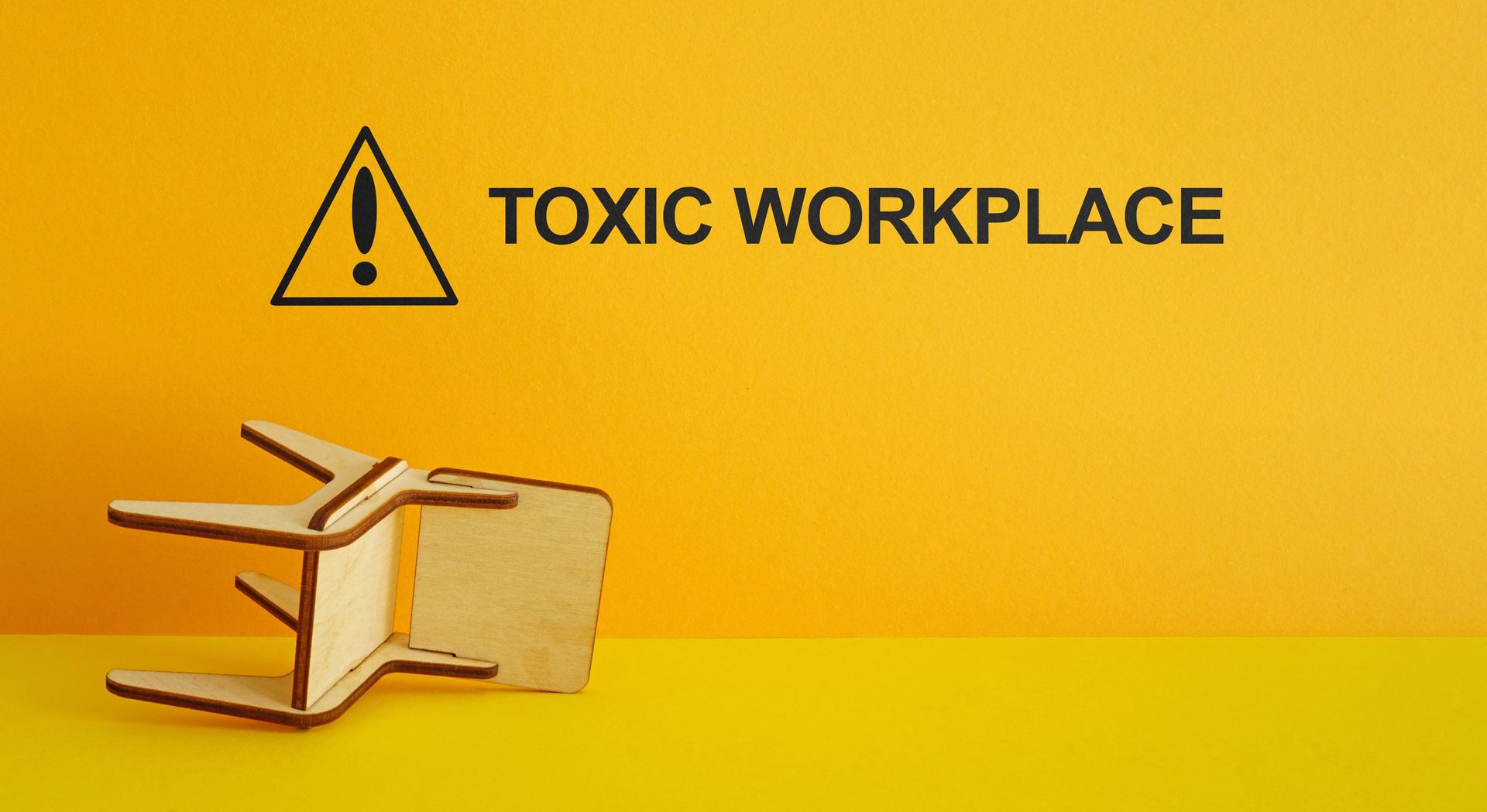The Benefits of Mediation
Franca Parolin, Senior Associate • February 3, 2016
What is mediation? Mediation is generally defined to be a voluntary alternative dispute resolution process that focuses on problem solving. Parties are required to work collaboratively on solving the problem with the help of a neutral third party, known as a mediator. The mediator facilitates the negotiations and discussions. The focus is on solving the problem rather than convincing one another of any particular position or standpoint. Unlike litigation, mediation is an interest based process rather than enforcing a legal entitlement or pursuing an entrenched position adopted by one person to the dispute, upon the other person to the dispute.
Mediation differs from arbitration because an outcome is not imposed upon the parties by the neutral mediator. In arbitration, an outcome or decision is imposed by the arbitrator. Arbitration is competitive and adversarial in its process much like litigation and proceeding to Court. An arbitrated decision is binding on the parties and results in a “win/lose” situation or “lose/lose” outcome for the parties. Whereas mediation is focused upon a “win/win” outcome for each of the parties to the dispute.
In mediation there is no evaluation or coalition from the mediator. The goal of mediation is for the mediator to focus on each party’s subjective desires and to help them to articulate them and reach an outcome based on those subjective considerations. In mediation, the parties choose whether to be bound to the outcome or not. The mediator does not give legal advice to either one of the parties to the dispute.
Confidentiality underpins the whole mediation process as it creates an environment that involves the parties to the dispute to freely discuss the issues and explore all options to resolving the problem.
Mediation can take place with or without legal representatives attending the mediation. In certain circumstances where there may be a power imbalance and where one party is in a weaker bargaining position, such as a small business owner against a large corporation in a franchising dispute, or abused spouses against stronger partners in the relationship, an injured worker against an insurance company, or local communities against developers, it may be beneficial for legal representatives to be in attendance, to ensure fairness in the process.
It is the role of the mediator to address the power imbalance and to keep the process fair and allow each party the same opportunity to express their concerns in the process. Unlike the arbitration process where the arbitrator has usually expert legal knowledge of the area in which the parties are in dispute, a mediator may have no legal background. This is because the role of the mediator is to facilitate the discussions rather than determine the outcome to the dispute.
Early intervention and use of the mediation process can help parties reach an outcome that they are all able to live with and move on from the dispute before either or all of the parties become entrenched in their respective positions and unable to have negotiations and consider any other viewpoint other than their own. A mediator may assist the parties in coming up with options but the mediator’s role is not to sway any particular option over another. Want to know more? Call us today about this new service.

Kells has been delivering outstanding services and legal expertise to commercial and personal clients in Sydney and the Illawarra region for more than five decades. Our lawyers are savvy and understand your needs.
Subscribe
Want to get the latest articles and news delivered to your inbox?




